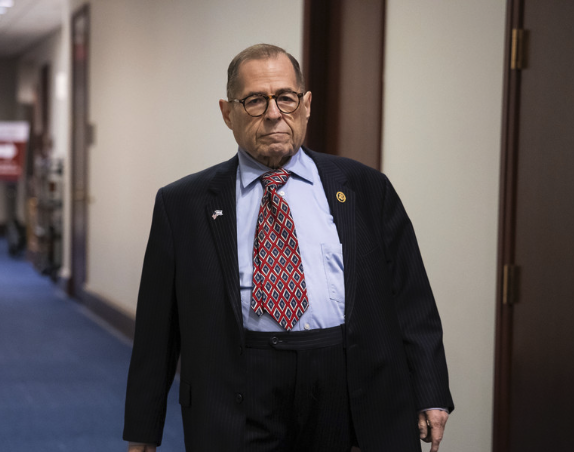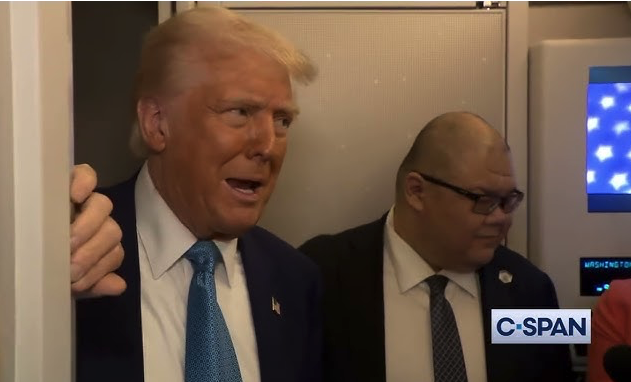Since taking office, President Donald Trump has implemented a series of policies aimed at restricting immigration, particularly illegal immigration, while also making a handful of adjustments benefiting certain immigrant groups. While his administration has focused on border security, deportations, and reducing parole programs, some recent measures have provided relief to specific groups of migrants and immigrants already in the United States.
One of the most notable recent actions came through an executive order addressing refugee resettlement. Despite previously suspending most refugee admissions, Trump signed an order accusing the South African government of allowing attacks on white Afrikaner farmers. As part of that directive, his administration announced plans to offer Afrikaners refugee status in the U.S.
The order instructed the Secretary of State and the Secretary of Homeland Security to “take appropriate steps, consistent with law, to prioritize humanitarian relief, including admission and resettlement through the United States Refugee Admissions Program, for Afrikaners in South Africa who are victims of unjust racial discrimination.” The directive also required officials to submit a resettlement plan to the president through the Homeland Security Advisor.
In addition to the shift in refugee policy, the Trump administration has introduced a change affecting immigrants already in the U.S. applying for permanent residency. On January 22, U.S. Citizenship and Immigration Services (USCIS) announced the removal of the requirement for green card applicants to provide proof of a COVID-19 vaccination.
🚨🇺🇸 CASH FOR MIGRANTS: BIDEN BLEW $22.6 BILLION—TRUMP SHUTS IT DOWN
A watchdog report from Open the Books reveals Biden’s Office of Refugee Resettlement (ORR) dumped $22.6 billion into migrant programs since 2020, with spending skyrocketing from $2.4B in 2021 to $10B in 2023… https://t.co/nlKAVOe7HT pic.twitter.com/8aZZ1hBpuG
— Mario Nawfal (@MarioNawfal) February 18, 2025
The announcement stated that USCIS would not issue Requests for Evidence or Notices of Intent to Deny based on an applicant’s failure to present documentation of vaccination. This move comes as vaccine mandates, including those for immigrants, have been the subject of widespread debate and legal challenges. By waiving the requirement, immigrants seeking permanent status now have the ability to proceed with their applications without proof of vaccination.
PRESIDENT TRUMP IS THE BEST LEADER EVER!
President Donald J. Trump Offers “Resettlement of Afrikaner Refugees Escaping Government-Sponsored Race-Based Discrimination” in South Africa
Below is a video from inside the Afrikaner squatter camps in South Africa
The SA govt has… pic.twitter.com/SlouPS5it1
— TRUTH NOW ⭐️⭐️⭐️🗽 🎺 (@sxdoc) February 8, 2025
While these recent moves reflect shifts in certain aspects of immigration policy, Trump’s broader approach has continued to focus on border security and enforcement. Since taking office, the administration has declared a national emergency at the southern border, suspended refugee resettlement in most cases, and restricted parole programs that previously allowed migrants to enter the country.
At the same time, the Department of Homeland Security (DHS) has ramped up interior enforcement. According to government data, arrests of illegal immigrants in the U.S. interior have risen significantly under the administration, and daily encounters at the southern border have dropped. These trends align with the administration’s commitment to discouraging illegal immigration and tightening overall enforcement measures.
It remains unclear whether the Trump administration will introduce additional policies that could be seen as favorable to certain immigrant groups. While restrictions on various legal immigration channels have been a central theme of Trump’s agenda, exceptions such as the recent refugee directive and green card policy adjustment demonstrate that some specific immigration policies remain subject to change.




